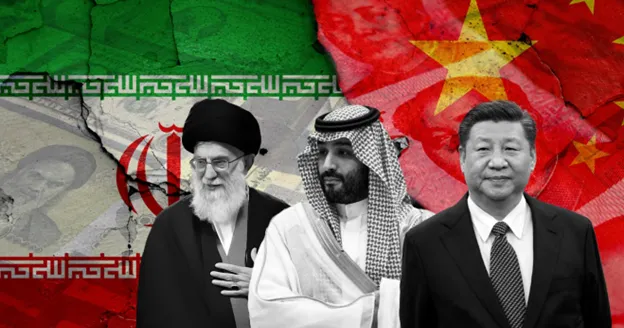
Since the last four decades, Iran has been one of the most isolated and sanctioned countries in the world. Together with countries like Venezuela, North Korea, Syria, Burma, Belarus, and Russia, it has become one of the members of the ‘club of the global outcasts.’ Obviously, the challenge posed by Iran to the US hegemony and the so-called rules-based international order is the root cause of its ostracization by the ‘Collective West.’ Under these bleak circumstances, Iran strives to break its isolation by various political maneuvers including attempts to establish bonds with the countries in its periphery and beyond. However, most of the time, its unreliability, unconstructiveness, and baseless assertiveness deprives Iran of this chance. Luckily for Iran, by the rise of the so-called revisionist powers, namely Russia and China, Iran has seized the much-needed opportunity to gain friends with power and influence. The Iran–China 25-year Cooperation Agreement signed in Tehran on 27 March 2021 was a significant step in this direction. Nevertheless, Chinese President Xi Jinping’s three-day visit to Saudi Arabia on 7-9 December 2022, was an equally important development, alas, this time most probably dashing much of Tehran’s expectations.
According to various reports, with the signing of the aforementioned Iran-China agreement, China pledged to invest 400 billion USD in Iran’s economy; 280 billion USD to energy and petrochemicals sectors and 120 billion USD to transportation and manufacture infrastructure. Given Iran’s dire economic conditions due to its isolation, sanctions imposed on it, and the ineffective governmentality, such a huge investment could be seen as a lifeline for this country. With the Chinese investment at such a huge scale, Iran could gain an advantage in securing a significant position for itself regarding trade and energy corridors on east-west, south-west, and north-south axes and China’s Belt and Road Initiative. This could substantially strengthen country’s geopolitical position. In this vein, the announcement of Iran’s accession to the Shanghai Cooperation Organization to be finalized by April 2023 should also be underlined as to the prospect of strengthening Iran’s economy and international stance.
These bright prospects, however, were recently overshadowed by Chinese President Xi Jinping’s above mentioned three-day visit to Saudi Arabia. In the Saudi capital Riyadh, Xi held talks with Saudi Crown Prince Mohammed Bin Salman and other high ranking Saudi officials that resulted in the signing of thirty-four investment agreements covering sectors related to energy, information technology, IT, transportation and logistics, medicine, housing, and industry. In addition, it was reported that the two sides set to sign a 39 billion USD worth deal on investment and cooperation in the high-tech sector. Besides these trade and economy related agreements, President Xi and King Bin Salman signed a “comprehensive strategic partnership agreement.”
In Saudi Arabia, Xi did not hold talks only with Saudi officials. He attended two summits as well, namely, the First China-Arab States Summit and the First China-Gulf Countries Council Summit. The China-Arab States Summit resulted with the “Arab-China Summit for Cooperation and Development Issues Final Communique,” that affirmed that China and the Arab States envision to “upgrade the Arab-Chinese strategic partnership relations to broader horizons, and to push the existing cooperation between us towards a higher level of progress.”
In addition to Xi and Bin Salman, the China-Gulf Countries Council (GCC) Summit was attended by Emir Sheikh Tamim bin Hamad Al Thani of Qatar, King Hamad bin Isa Al Khalifah of Bahrain, Crown Prince Sheikh Meshaal Jaber Al Ahmad Al Sabah of Kuwait, Deputy Prime Minister Sayyid Fahd bin Mahmoud Al Said of Oman, the Ruler of Fujairah Sheikh Hamad bin Mohammad Al Sharqi of the UAE, and GCC Secretary General Nayef Falah Al Hajraf. In his keynote speech at this summit, Xi underlined cooperation in energy, finance and investment, science and technology sectors, and aerospace and culture. Noticeably, Xi stressed the need for security partnership, stating that “China will continue to firmly support GCC countries in safeguarding their security, and support the efforts by regional countries to resolve differences through dialogue and consultation and to build a Gulf collective security architecture…”
Given the long-lasting antagonisms between Iran, on the one hand, and Saudi Arabia and a number of other Arab states, on the other, these high-level meetings and summits in Saudi Arabia that resulted in assertive agreements and statements are obviously not good news for Iran. Most of all, the statement of the China-GCC Summit is arguably a real blow to Iran’s hopes aroused by the 2021 Iran–China 25-year cooperation agreement.
This statement declaring the aim to “strengthen the existing strategic partnership between the GCC and China,” includes eighteen articles, four of which (articles 9-12) are not only directly related to Iran but also plainly bashing this country. Article 9, implying that Iran’s nuclear program may not be peaceful in nature, asks Iran to “fully cooperate with the International Atomic Energy Agency.” Next two articles directly accuses Iran for its “destabilising regional activities,” “support[ing] for terrorist and sectarian groups and illegal armed organisations,” “proliferation of ballistic missiles and drones,” threatening “the safety of international navigation and oil installations,” and not obeying UN resolutions. The twelfth article refers to the territorial conflict between the UAE and Iran over the Greater Tunb, Lesser Tunb, and Abu Musa islands in the Strait of Hormuz. Directly challenging Iran’s claim over these islands, the statement declares that “The leaders affirmed their support for all peaceful efforts, including the initiative and endeavours of the United Arab Emirates to reach a peaceful solution to the issue of the three islands; Greater Tunb, Lesser Tunb, and Abu Musa, through bilateral negotiations in accordance with the rules of international law, and to resolve this issue in accordance with international legitimacy.”
Few interesting happenings in the aftermath of Xi’s visit to Saudi Arabia are also worth mentioning. Two days after Xi’s visit, on 11 December, the Iranian Ministry of Foreign Affairs summoned Chinese Ambassador to Iran Chang Hua over the aforementioned China-GCC summit statement. According to a media report the Iranian side expressed its strong discontent with the expressions about the three islands in the Strait of Hormuz and stated that the islands are “an integral part of the territorial integrity of the Islamic Republic of Iran, which, like any other part of Iran, has never been the subject of negotiations with any country and will never be.” Still, it was also reported that the Iranian officials acted carefully not to harshly antagonize China. Next, on 13 December, Chinese Vice Premier Hu Chunhua met with Iranian President Ebrahim Raisi in Tehran. Though at this meeting Hu expressed Beijing’s commitment to deepening Chinese-Iranian relations, the fact that Beijing sent a lower ranking official to Tehran should not go unnoticed, which might be interpreted as a diplomatic discountenance to Tehran and an amicable message to the Arab states at odds with Iran.
To sum up, developments –both internal and external, as well as economic - in the last part of 2022 were not encouraging for Iran. It seems that, China, with its long-term strategic thinking, sees an opportunity in developing cooperation with the oil and natural gas rich Arab states, particularly at a time when US influence in the Gulf region has visibly decreased, which was recently manifested in Saudi Arabia’s and OPEC+’s rejection of the US request to increase oil production. It could also be inferred that according to the calculations of Beijing, benefits of the cooperation with the energy rich Arab states overweighs the benefits of cooperation with Iran. Here again, Iran finds itself alone. This is not just the machination of big powers, but a result of Tehran’s malevolent and adverse policies and initiatives in its neighborhood.
*Picture: Iranwire
© 2009-2025 Center for Eurasian Studies (AVİM) All Rights Reserved

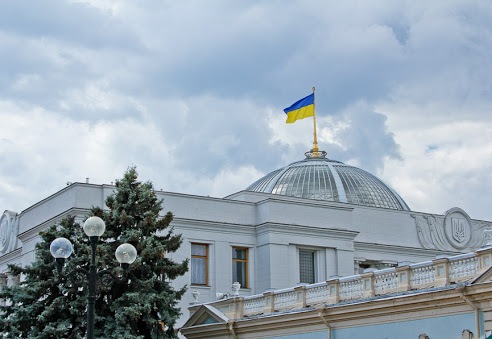 THE ‘ARMENIAN QUESTION’ IN UKRAINE - IV: THE PRUDENCE OF OFFICIAL KYIV
THE ‘ARMENIAN QUESTION’ IN UKRAINE - IV: THE PRUDENCE OF OFFICIAL KYIV
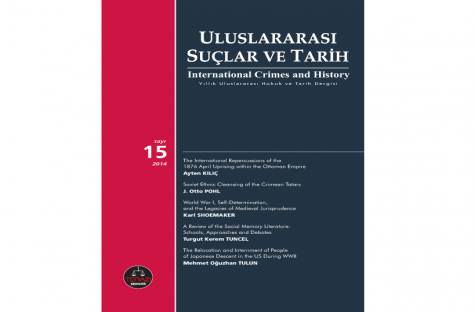 CALL FOR PAPERS - INTERNATIONAL CRIMES AND HISTORY SPECIAL ISSUE: CRIMEAN TATARS UNDER RUSSIAN IMPERIAL AND SOVIET RULES
CALL FOR PAPERS - INTERNATIONAL CRIMES AND HISTORY SPECIAL ISSUE: CRIMEAN TATARS UNDER RUSSIAN IMPERIAL AND SOVIET RULES
MEETING WITH THE ARGENTINIAN MEDIA COMMITTEE
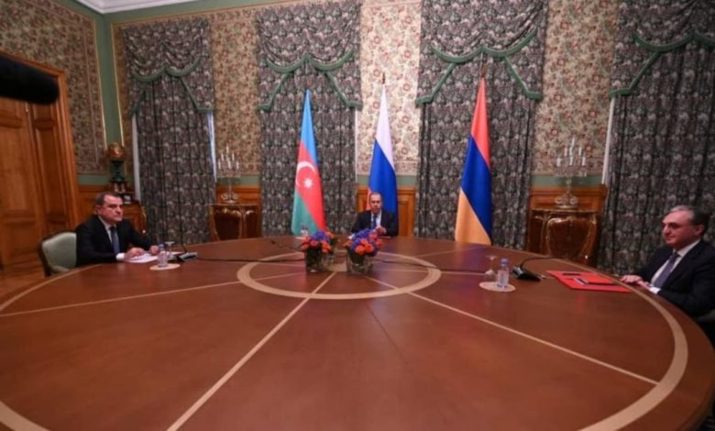 THOUGHTS ON THE PROSPECTIVE ‘PEACE TALKS’ AFTER THE RECENT ESCALATION IN KARABAKH
THOUGHTS ON THE PROSPECTIVE ‘PEACE TALKS’ AFTER THE RECENT ESCALATION IN KARABAKH
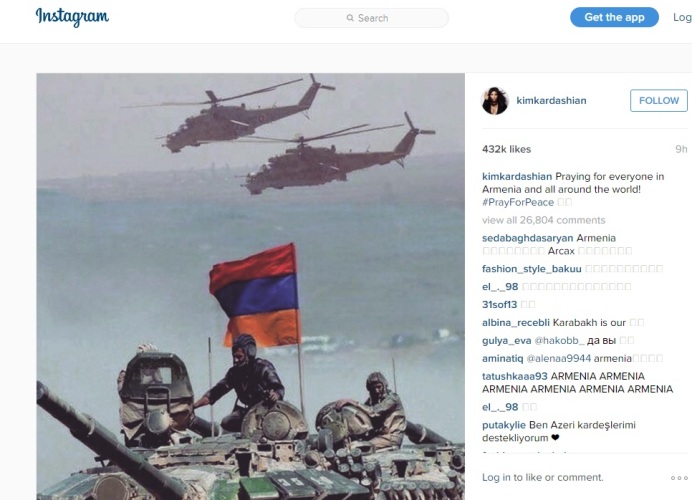 THE ARMENIAN NARRATIVE ABOUT THE RECENT ESCALATION IN THE SOUTH CAUCASUS AND THE NEW TACTIC FOR THE OLD STRATEGY
THE ARMENIAN NARRATIVE ABOUT THE RECENT ESCALATION IN THE SOUTH CAUCASUS AND THE NEW TACTIC FOR THE OLD STRATEGY
 EXCERPTS FROM JEREMY SALT’S BOOK REVIEW TITLED “A LAWYER’S BLUNDERING FORAY INTO HISTORY” IN THE LATEST ISSUE OF THE REVIEW OF ARMENIAN STUDIES
EXCERPTS FROM JEREMY SALT’S BOOK REVIEW TITLED “A LAWYER’S BLUNDERING FORAY INTO HISTORY” IN THE LATEST ISSUE OF THE REVIEW OF ARMENIAN STUDIES
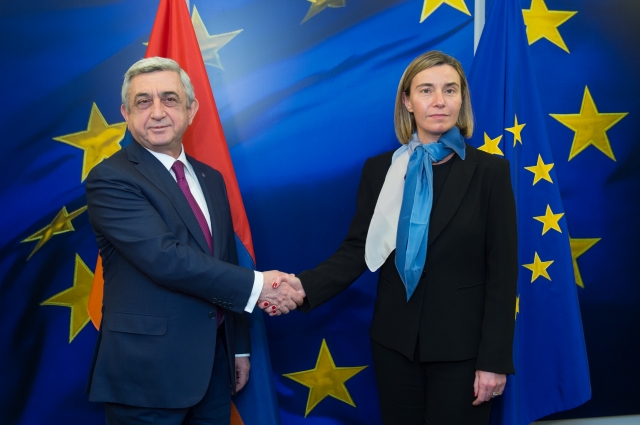 A NEW PAGE FOR ARMENIA-EU RELATIONS?
A NEW PAGE FOR ARMENIA-EU RELATIONS?
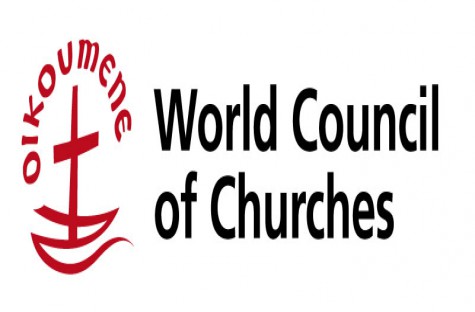 TURKISH-ARMENIAN CONTROVERSY CONTINUES TO BE INSTRUMENTAL FOR THE CHURCH TO INCITE RELIGIOUS AND ETHNIC ANIMOSITY
TURKISH-ARMENIAN CONTROVERSY CONTINUES TO BE INSTRUMENTAL FOR THE CHURCH TO INCITE RELIGIOUS AND ETHNIC ANIMOSITY
 THE GAUIN V. TORANIAN AND TILBIAN TRIAL IN PARIS
THE GAUIN V. TORANIAN AND TILBIAN TRIAL IN PARIS




























